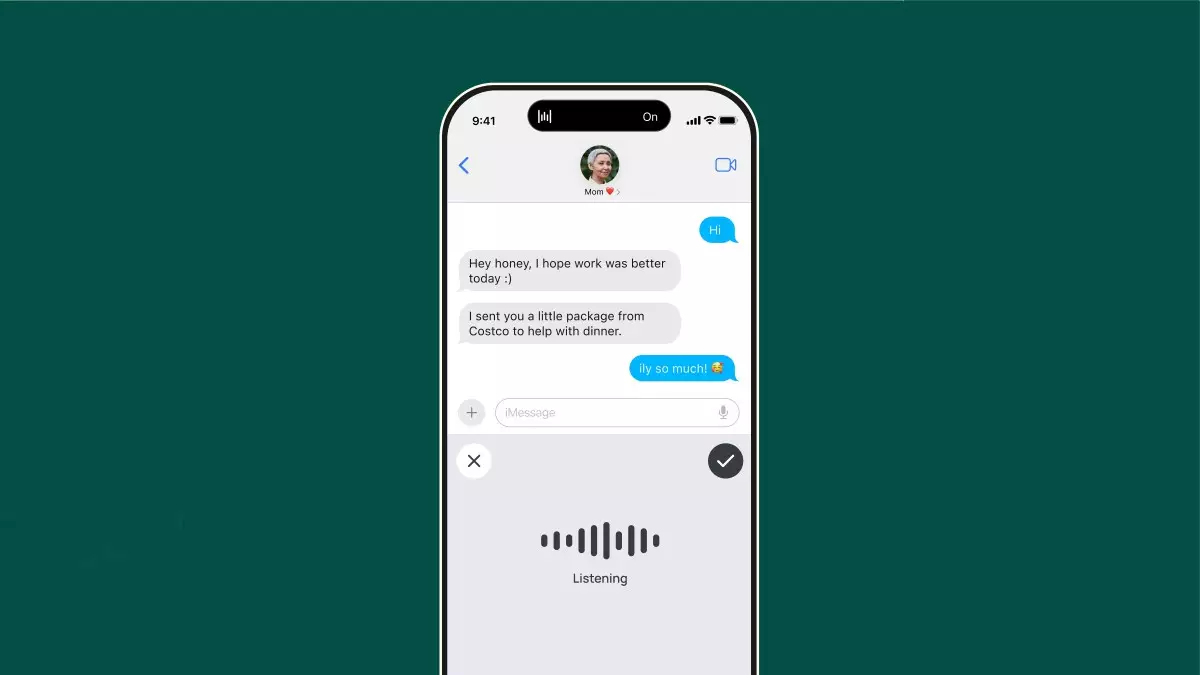In an era where technology seeks to redefine human interaction, AI companies have been striving to make conversational experiences warmer and more intuitive. Giants like Google, Meta, OpenAI, and Anthropic have rolled out voice-interactive technologies that enable users to engage in dialogue with sophisticated AI bots. Yet, amid these formidable players, there are nimble startups like Wispr Flow that aim to carve out a unique space in this burgeoning market. With a focus on speech-to-text capabilities that extend across more than 100 languages, Wispr Flow presents a fresh alternative that challenges established norms.
A New Dimension of Accessibility
Now, get this: Wispr Flow recently launched an iOS app that serves as a versatile keyboard, allowing users to dictate their thoughts seamlessly into virtually any application. At first glance, this may seem like a simple adaptation of existing speech-to-text technology, yet users—especially those from diverse linguistic backgrounds—will find Wispr Flow genuinely caters to their needs. As someone who has faced challenges when using mainstream voice assistants like Siri and Alexa, I can personally attest to the frustrations that arise from their limited comprehension of nuanced speech.
Wispr Flow, however, escalates the stakes by creating an experience that feels more tailored to the user. The technology behind Wispr Flow isn’t just about converting spoken words into text; it learns and adapts over time, refining its understanding of custom names, industry-specific jargon, and colloquialisms often overlooked by conventional systems.
The Personal Touch: Learning from Users
My initial experience with the Wispr Flow app involved a bit of back-and-forth editing. Yet, it became clear early on that this was a unique tool—one that not only improves with use but seems to develop a sense of familiarity with user-specific speech patterns. After several dictations, I found myself crafting elaborate emails and even drafting articles—like this one!—merely by using my voice. How refreshing it feels to escape the traditional typing rut and instead articulate thoughts fluidly, transforming ideas into text without the typical barriers presented by existing tools.
Furthermore, the app boasts a user-friendly numeric and symbol keyboard, bridging any potential gaps for inputting special characters, which adds to its versatility. For those seeking a discreet option, Wispr Flow’s capability to recognize whispers offers an ingenious solution, allowing users to navigate conversations in environments where speaking out loud isn’t feasible. This adaptability is particularly impressive, especially for users who may require supplementary means to interact in crowded or public spaces.
Market Dynamics: Navigating Competition
Wispr Flow operates in a rapidly evolving landscape. The startup has positioned itself well, having amassed $26 million from backers like NEA and Palo Alto Networks. Competitors abound, including promising startups like Aqua, Talktastic, Superwhisper, and Betterdication. What truly differentiates Wispr Flow, however, isn’t merely its technology but its focus on user-centric design and learning capabilities.
Subscription models have become an essential revenue stream for many businesses. Wispr Flow adopts a strategy that caters to cost-conscious users by offering a free option up to a certain limit and a premium plan for heavy users. The reported conversion rate of 19% is a testament to the service’s efficacy and value perception among its users. As a startup committed to ongoing innovation, Wispr Flow is poised for continued growth, especially with plans to release an Android version and expand features meant for collaborative environments.
Future Implications: A Voice for Everyone
The broader implications of Wispr Flow’s innovation extend beyond just enhancing personal productivity; they touch upon accessibility for individuals in non-Western linguistic settings and varying levels of tech-savviness. The willingness to serve diverse communities with differentiated offerings reflects an understanding of the importance of inclusivity in technology.
As voice and AI technologies continue to advance, it is clear that Wispr Flow is not merely about competing with established giants but about redefining the benchmark for what effective communication technology should achieve. With a committed engineering team and a focus on understanding user nuances, Wispr Flow has the potential to disrupt the current paradigms and empower voices that have previously gone unheard in the buzzing landscape of AI.

